Lately, I’ve been inspired to broaden my writing horizons, so I’m reading kids books out of my genre and revisiting some of the tween books that I read as a kid. I’m hoping to spark some creativity, and if anything, to remember what it feels like to be a “middle-grader.”
In a previous post on my site, I introduced the idea of re-reading the classic (and somewhat controversial) tween book Are You There God? It’s Me, Margaret. The weird thing was that when I went to find it in my local bookstore, it was located in the teen genre section. That intrigued me.
Looking back when I was that age, I remember feeling like the book was so relatable. I was a pre-pubescent kid with all these angsty feelings and so was Margaret, the main character.
So, why was the book now in the teen section and not shelved with the other middle-grade fiction books?
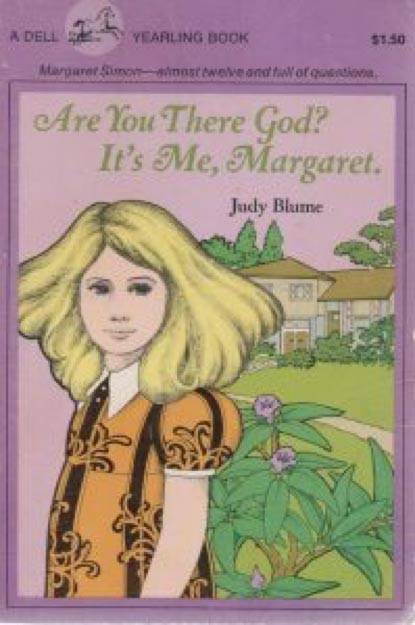
At first, I thought that maybe the book is more controversial than I had remembered. Then it occurred to me that maybe my childhood fave was now considered a “banned book” and the bookstore was stowing it out of the kid section to appease some of the “gatekeepers of diverse children’s literature.”
After researching a bit, I learned that sadly, Are You There God? It’s Me, Margaret is indeed a frequently challenged book.
According to the American Library Association or ALA, there is a difference between a banned book and a challenged book.
What is a Banned Book?
A banned book is one that has been censored by an authority—a government, a library, or a school system. A book that has been banned is actually removed from a library or school system.
What is a Challenged Book?
A challenge is an attempt to remove or restrict materials, based upon the objections of a person or group. A banning is the removal of those materials. Challenges do not simply involve a person expressing a point of view; rather, they are an attempt to remove material from the curriculum or library, thereby restricting the access of others.
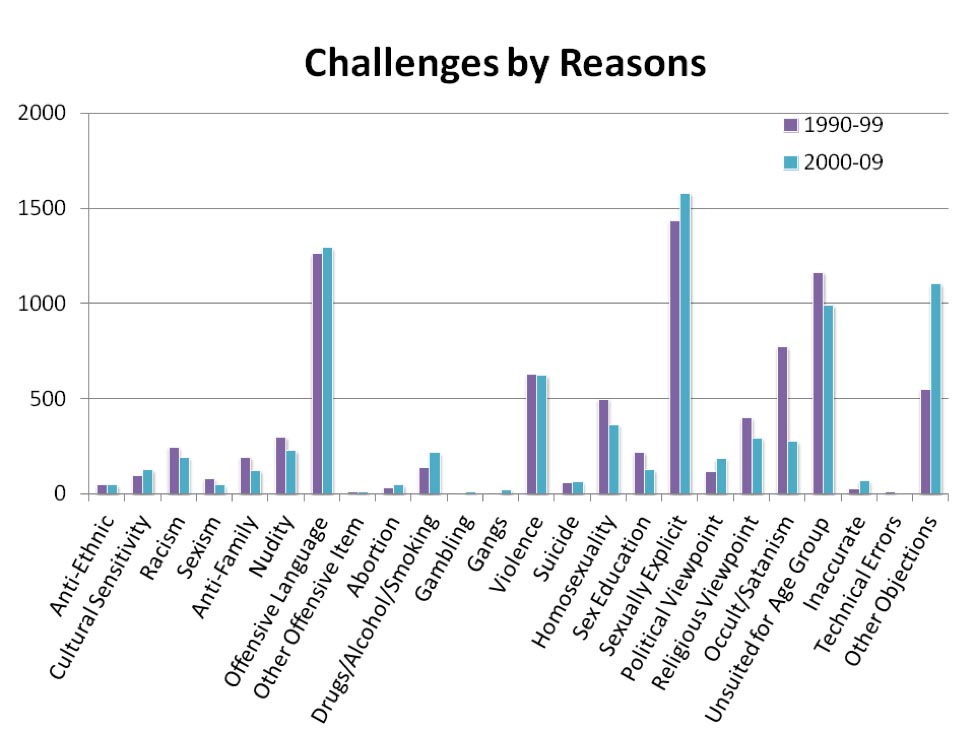
Over the last few decades, Author Judy Blume has been challenged so many times for her books. Five of her titles have been banned, so I’m only going to give some quick specifics about Are You There God? It’s Me, Margaret.
(My information comes from the ALA’s Office of Intellectual Freedom or OIF who has only been collecting data since 1990 for the Banned Books Coalition*)
Are You There God? It’s Me, Margaret has been in the top 100 Most Frequently Challenged Books list from 1990-1999. (The top 100 Most Banned/Challenged Books list from 2000-2009.)
As of 2016, it still remains on the Frequently Challenged List and is “restricted” (except with parental permission) in some libraries across the nation.
So, currently it’s only challenged but not officially banned.
However, the facts appear ambiguous, hard to find and there still seems to be some discrepancies about tweens having access to this book.
Why is Are You There God? It’s Me, Margaret considered a frequently challenged and banned book?
Fear.
Based on popular opinion and from what I’ve read, a vast majority of people in our society (particularly in the Children’s Lit community) see banning books as an action that is provoked by fear. Fear based on religious, political, and social beliefs are all influencers that can perpetuate more fear and the motivation to want to ban or challenge a book.
Judy Blume said it most profoundly when she stated in an interview with The Guardian:
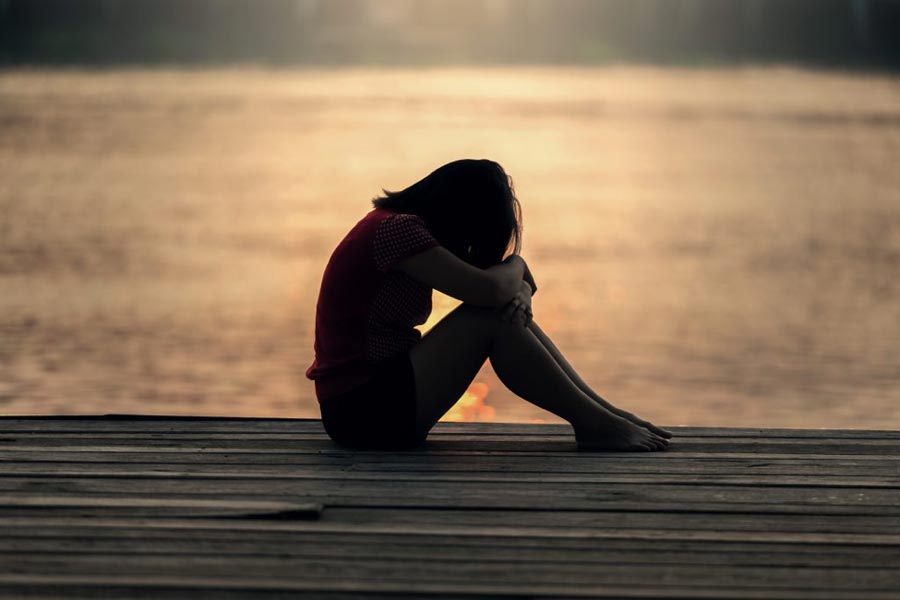
In all fairness, it’s understandable and important to have fear for our children’s well-being and want to protect kids from possible harmful information or situations. No parent wants their child to be exposed to damaging book content before they are ready to process or understand it. But what about the kids that are ready because they’re unfortunately experiencing it and need guidance through their life’s muck?
No parent wants their child to go through any pain or uncomfortableness that derives from the difficult challenges and situations in their life. Yet, realistically, most do. It’s just a very real part of the world we live in.
Many contemporary kids are faced with inequality, inequity, discrimination, exclusion, bullying, sexism, gender diversity bias, racism, and misogyny at some point in their childhood.
Sheltering and restricting material that has contemporary ideas, issues, and situations doesn’t help kids. Censoring just provokes more fear. (If you care to, read more about my thoughts on banning kid’s books here.)
With regards to my beloved book, Are You There God? It’s Me, Margaret, having access to it as a pre-teen helped me understand my body and feelings better when no one else in my life could. It allowed me to feel somewhat normal and loved for who I was at such a not normal feeling time in childhood.
I can’t imagine what it feels like for a child that is restricted from books and materials like this.
In truth, the only prominent social issues that Are You There God? It’s Me, Margaret deals with are religion and puberty. Looking back on legitimate reasons for banning a book, this one doesn’t have age inappropriate content. In fact, just the opposite.
Different faiths (including non-religious affiliations like atheism) make up the wonderful diversity of people in our society.
Unless a person’s faith involves harming someone else or themselves or entails obscene rites or encourages hate towards others, why wouldn’t we want our kids to be enlightened about all the different cultures and faith and religious-based practices of other people?
In our society, religion and spirituality is something that many kids are exposed to at any early age. Most are born into a family that practices some form of faith or belief system. Some are not.
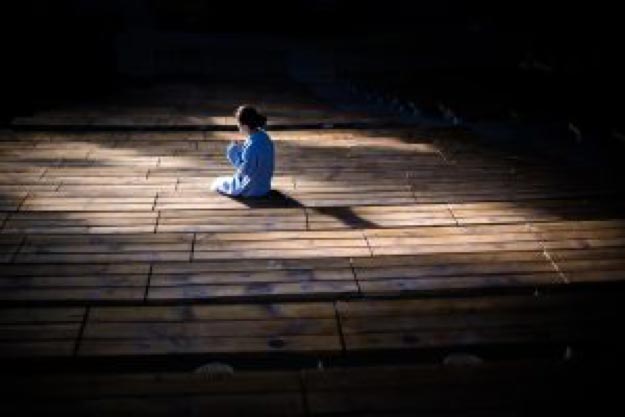
The point here, though, is that my book wasn’t about informing the reader about different religions or faiths in order to convert them. It wasn’t about endorsing one religion, faith or belief over another or about pointing fingers at which one was better or worse.
It was more about a pre-teen girl’s quest to understand the different religions that her parents had been born into. It was also about her finding faith in the people and the world that she lived in. Mostly, it was about a young girl cultivating a belief in herself.
It was also about puberty. The natural, uncomfortable human experience that every young person has to go through. I just don’t understand why any parent or adult could have fear about giving children necessary, honest and helpful information about this topic, particularly when the content is coming from a peer’s perspective.
If we can make it as less uncomfortable as possible for kid’s who are going through puberty and similar experiences, by offering materials that encourage them and give hope, let’s do it!
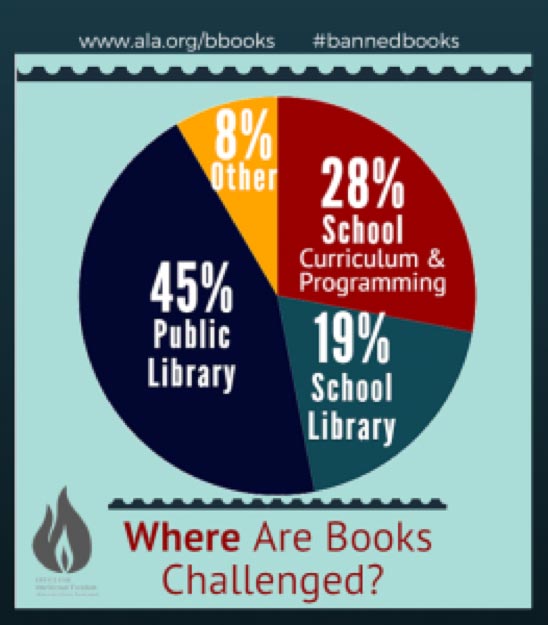
In some bookstores, public libraries and school systems across our nation and world, tweens are restricted access to Are You There God? It’s Me, Margaret because it’s inappropriately shelved or banned and not shelved at all.
The irony of all this is that even though it’s quite clear that the book is about a tween’s life experiences, there are still so many inconsistencies about who this book is recommended for.
The original publisher of Judy Blume’s book was Bradbury Press in 1970 but they stopped publishing in 2010. Archives of the book info on WorldCat.org classify the book as Juvenile Fiction with no age or grade recommendations.
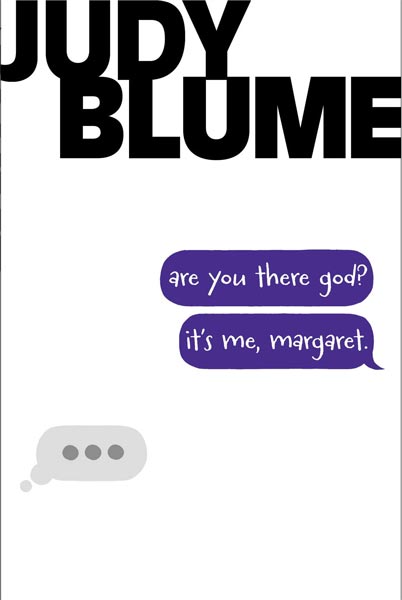
Her current publisher of the book (Atheneum Books for Young Readers or Simon and Schuster) reprinted it in 2014 as a book recommended for ages 8-12 or grades 3-7. However, it’s also listed in a Teen Collection for ages 14 plus.
My local Barnes & Noble shelves it in the teen section too. Yet, the more universal online site of my bookstore, recommends it for kids ages 9-12.
Amazon recommends it as a book for kids 12 and up or grades 7 plus.
Scholastic (under the teacher’s bookstore category) recommends grades 3-5 and 6-8.
Wikipedia says the book is typically categorized as a Young Adult novel.
Judy Blume herself recommends it as a Middle-Grade read and honestly, that’s all I need to know.
I wonder who Margaret would most want to inspire with her words?
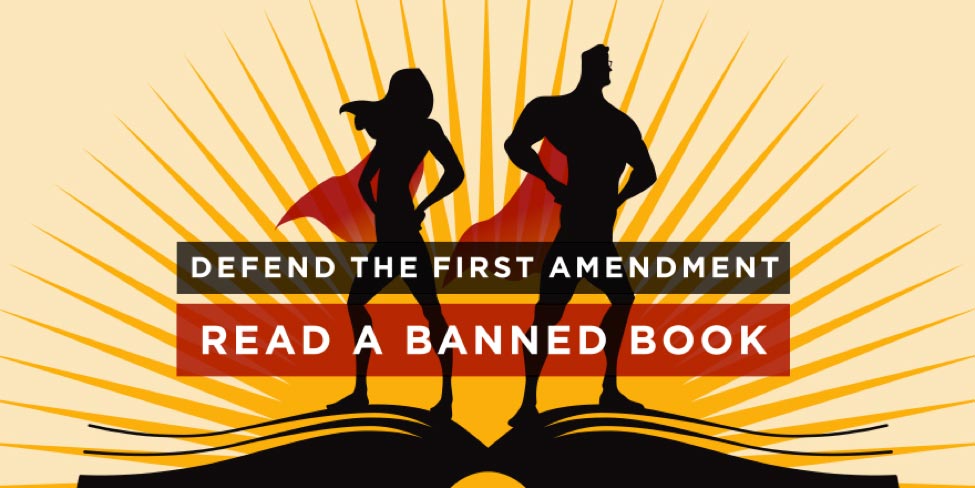
Check out the Banned Books Week Coalition, a national alliance of diverse organizations joined by a commitment to increase awareness of the annual celebration of the freedom to read) and see what you can do to help spread awareness for your favorite banned or challenged book.



 Tracy Bryan
Tracy Bryan 